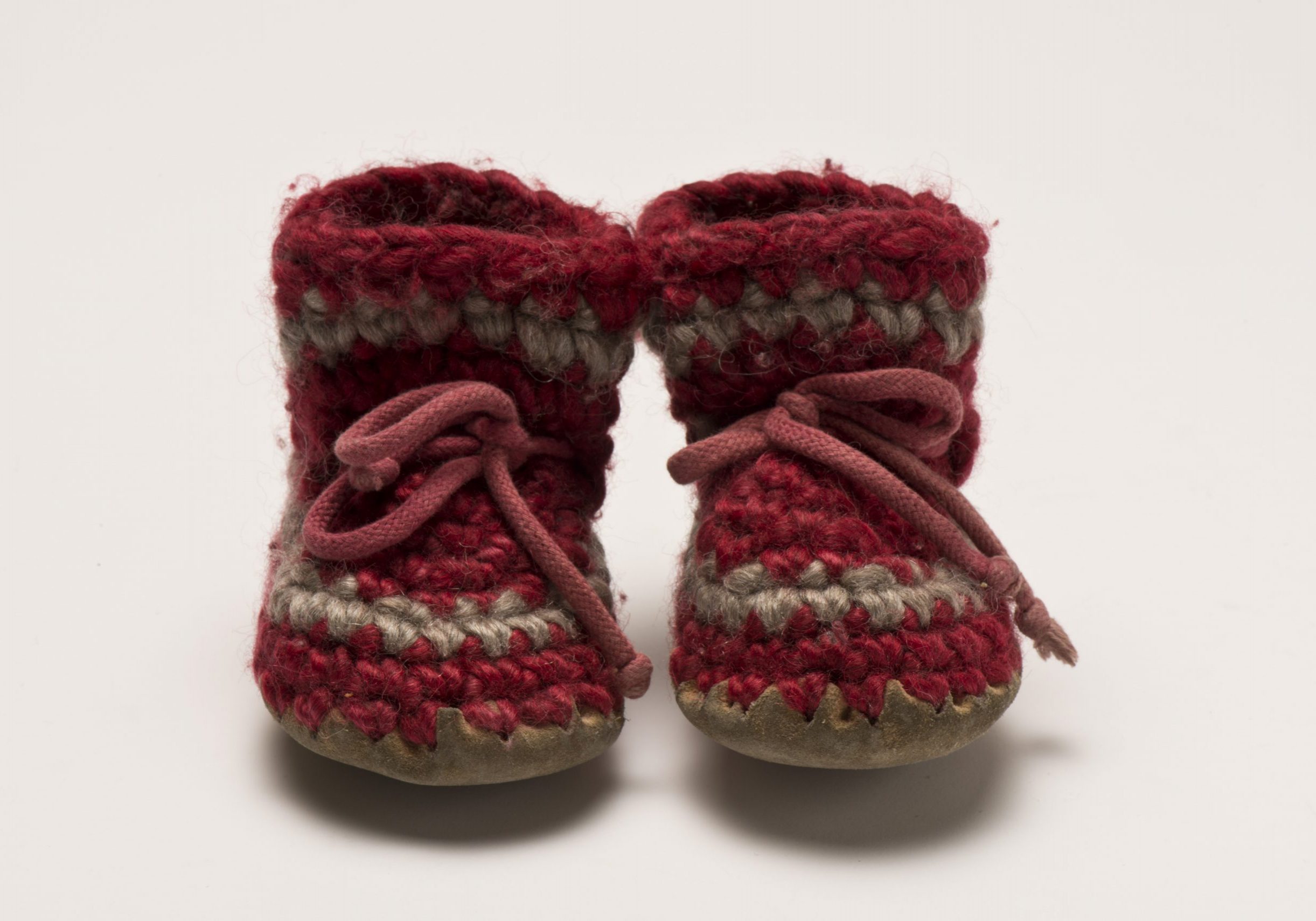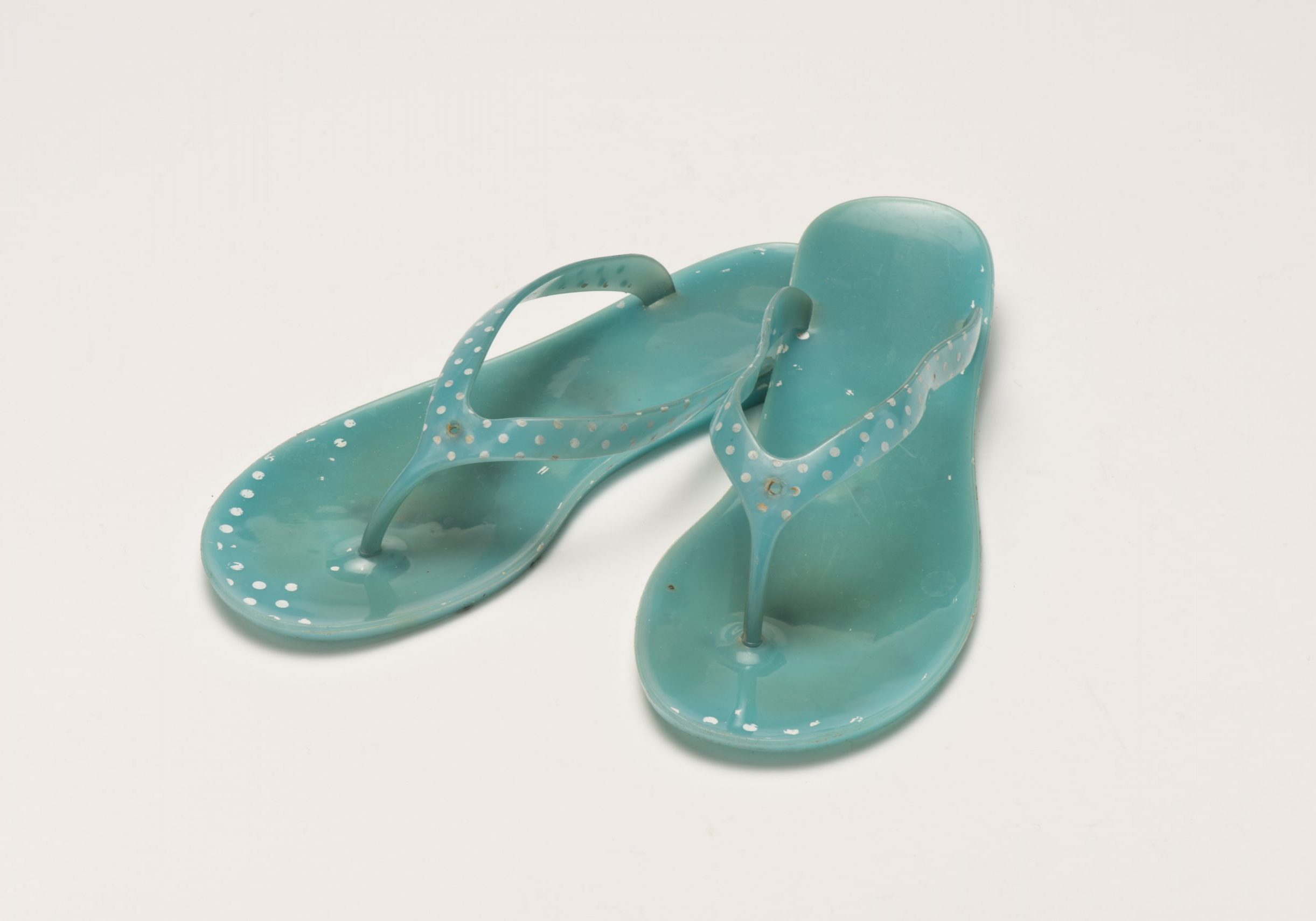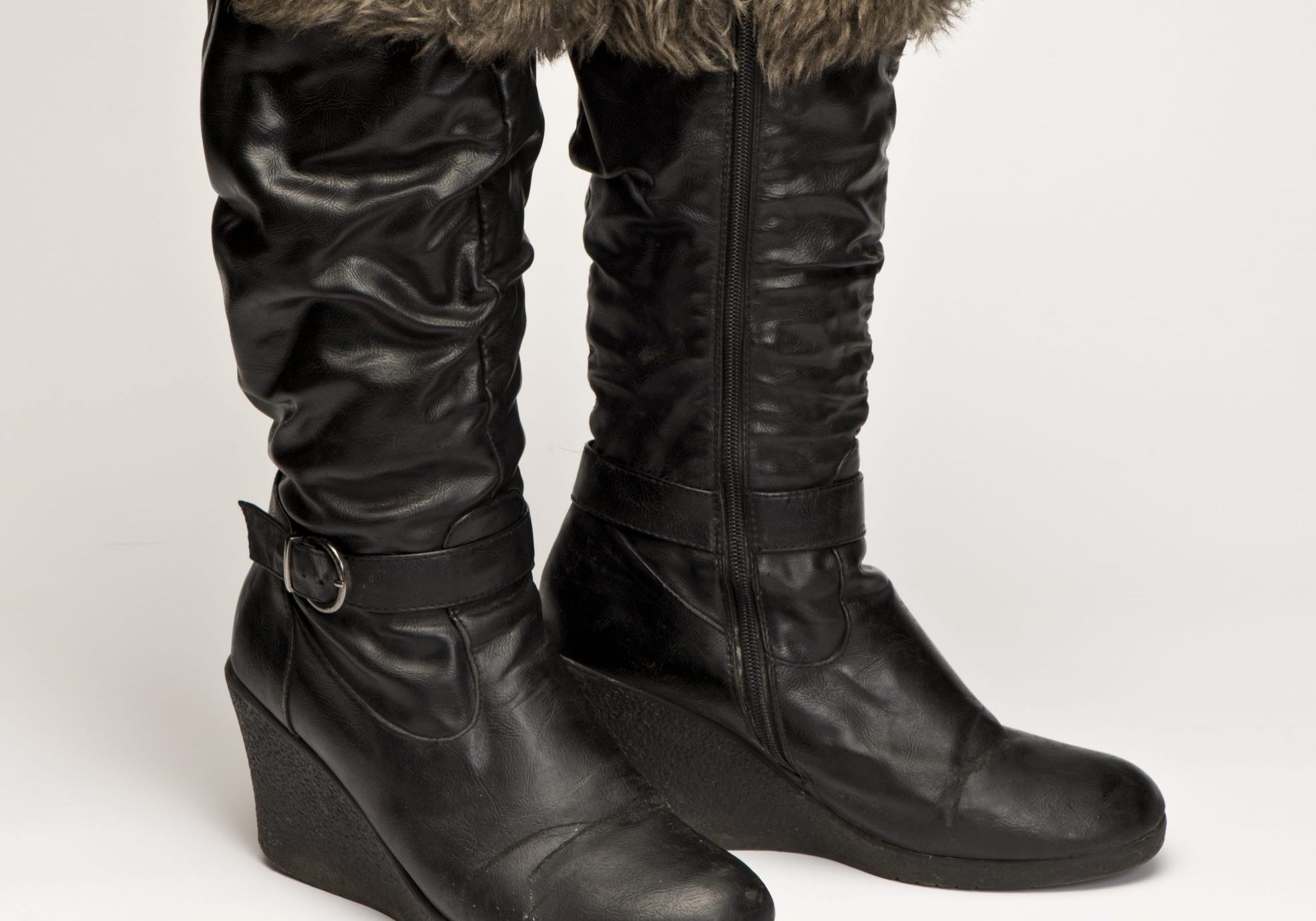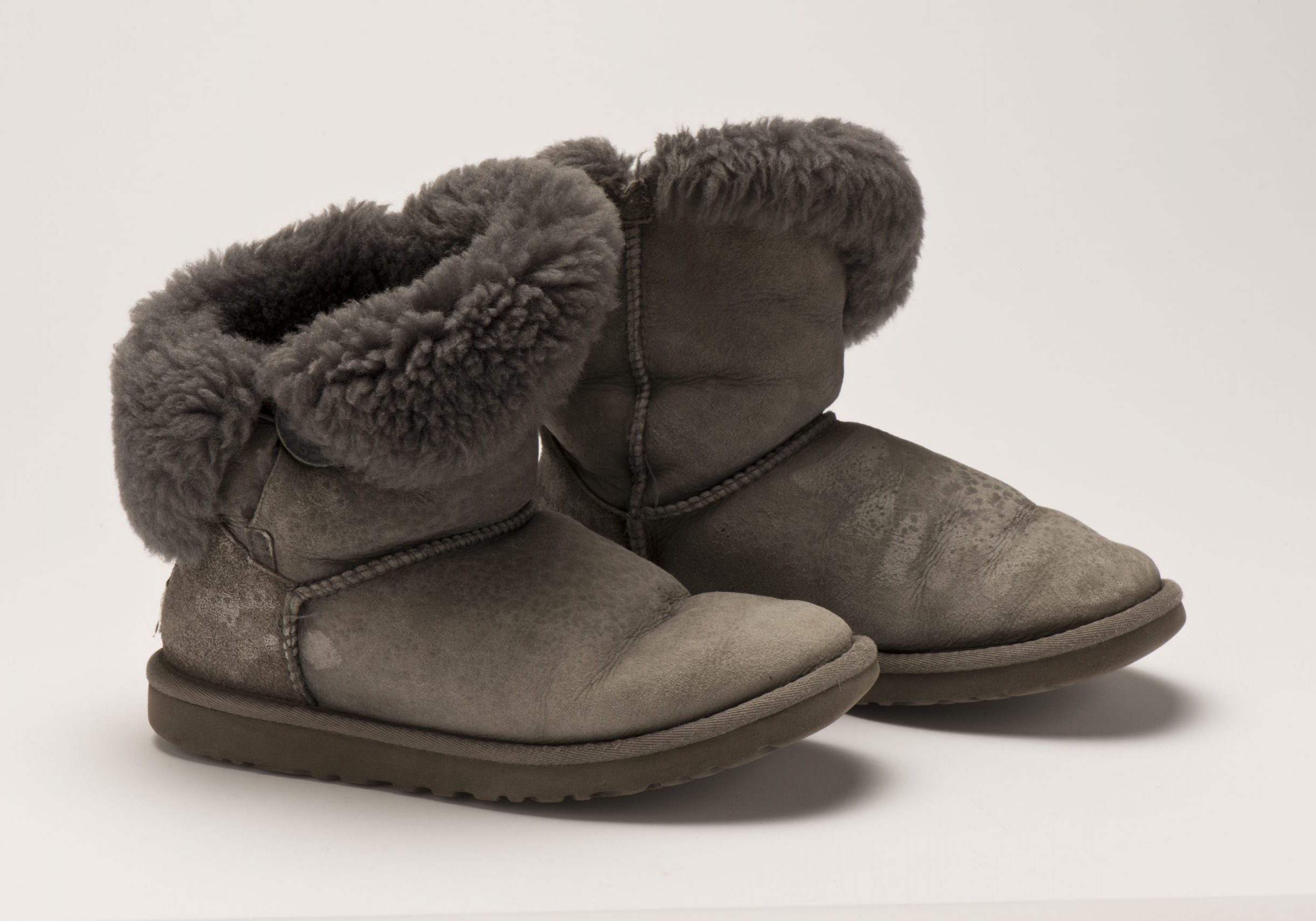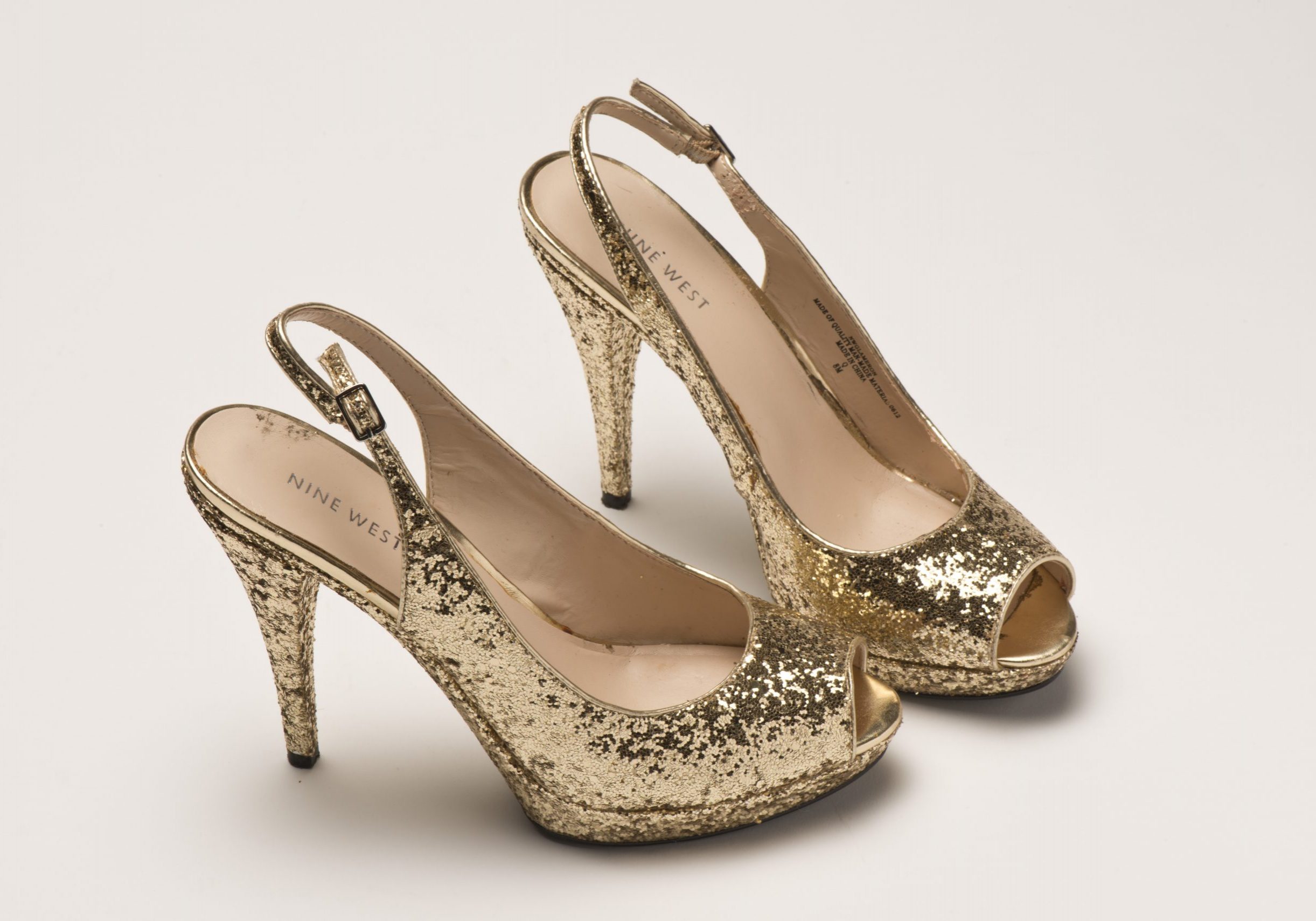Lost Shoes of a War
Khujesta Sadri
Summary:
A warlord and his followers attack Mazar-i-Sharif in Northern Afghanistan. Khujesta Sadri and her family take refuge in her uncle’s basement. In better times, the children played with pigeons there. Now they are crowded into the suffocating space without food or water. They emerge only to find a street littered with corpses. Soldiers clear away the bodies. Why do they leave the victim’s shoes behind?
Story:
I come from Afghanistan, a war-shattered country. It has gone through more than 40 years of conflict. I was raised during a war that began long before I was born.
With the end of my homeland’s war with the Soviet Union, internal conflicts continued between corrupt leaders and warlords. The darkest time of my life happened in 1992 when a strong warlord and his followers attacked my hometown, Mazar-i-Sharif in Northern Afghanistan. They gained control of the city and bombed our home—along with thousands of others.
I was five years old and slept in a corner of the room because I was suffering from typhoid fever. One day when my mom had just finished preparing lunch, my father suddenly started shouting, “They’re coming closer! They’re coming closer!” Everybody was running around the room. No one knew where to go or what to wear, what things to take with us. I was too sick even to stand. I was lying on the floor and crying. My father took me in his arms and asked my mom to take care of my six siblings. We escaped from the backyard of our house. We walked for about an hour until we reached the hiding place of my uncle’s basement.
It was a small square room. Made of mud, it was where we used to play with pigeons every evening. We threw them up in the air and let them fly, and then they’d return. I remember wishing to have the same freedom as the pigeons. All of the kids in my city dreamed of being able to enjoy life and have the freedom to fly away from the place where innocent children, women and men died every hour.
Almost 20 people hid in that suffocating pigeon house for three days and nights without food or water. It was small, but it gave us a safe place to hide. If we had stayed in our own home, the warlords might have killed us all. Hungry and thirsty, all the children were crying. My younger sister nearly died. My parents were helpless. My mom didn’t know how to help her own child. In the end, she gave her dirty water that was initially put there for the pigeons.
Finally, after three dark days and nights, the sound of rockets and bombs died down, and my cousin came to find us. When we walked out in front of our house into the street, I saw at least a hundred dead bodies, young and old. While we were waiting for my uncle to come with his car to pick us up, I noticed a group of soldiers clearing the road for cars. They loaded all the bodies into a big truck, one on top of the other. For some reason, they took the shoes off the corpses and placed them on one corner of the street. There seemed to be a thousand different pairs of shoes, each once worn by one of the victims.
The bodies were taken away, but the pile of shoes remained there for three days as a reminder. There were different sizes and conditions of shoes, some old and some new. However, most of them were black shoes made of leather with a classic shape. At that time, these black shoes were the most popular fashion that men would wear to special events, including weddings. I always used to think that it’s people who lose their shoes, but then I saw how shoes could lose their owners.
Now I wonder how many other lives were saved by hiding in pigeon houses over three decades of war in Afghanistan. Or maybe those pigeons, also tired of war, managed to emigrate to safe and secure countries as I did? Or maybe they’re the same pigeons I meet every day on my balcony here in Toronto.
KHUJESTA SADRI is from Afghanistan. She arrived in Canada in 2012 and completed her Political Science degree at York University. She is the mother of two handsome sons.
Read Other Stories from this Author
Pinky
Khujesta Sadri is working on her thesis in Bishkek’s library when the email comes. She must leave immediately to join...
My Wedding Shoes
Rarely do most girls in Afghanistan achieve their dreams. Most of them are not allowed to choose and fall in love with a Prince...
Teeny Toes
In Afghan culture, the birth of a son is crucial because the son will take care of his parents in their old age. Khujesta Sadri...
